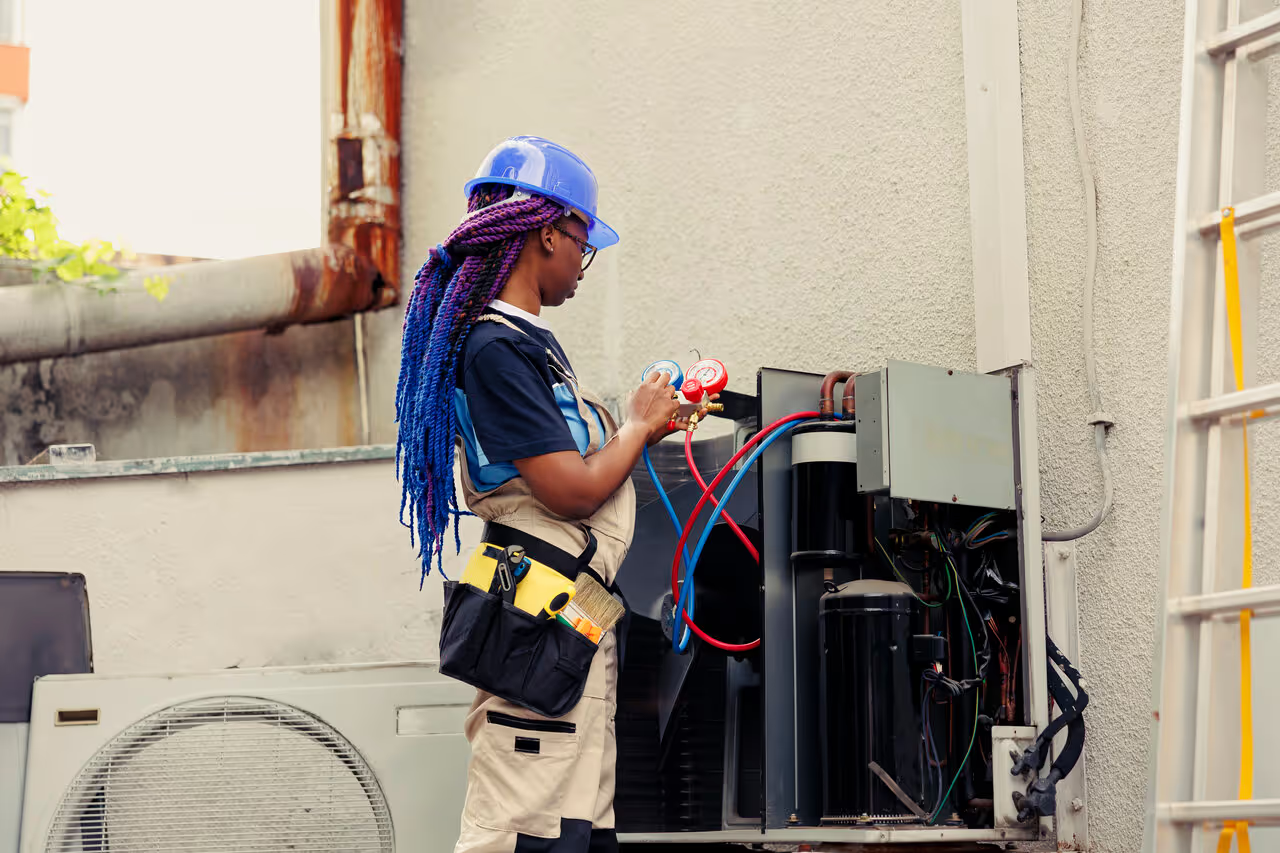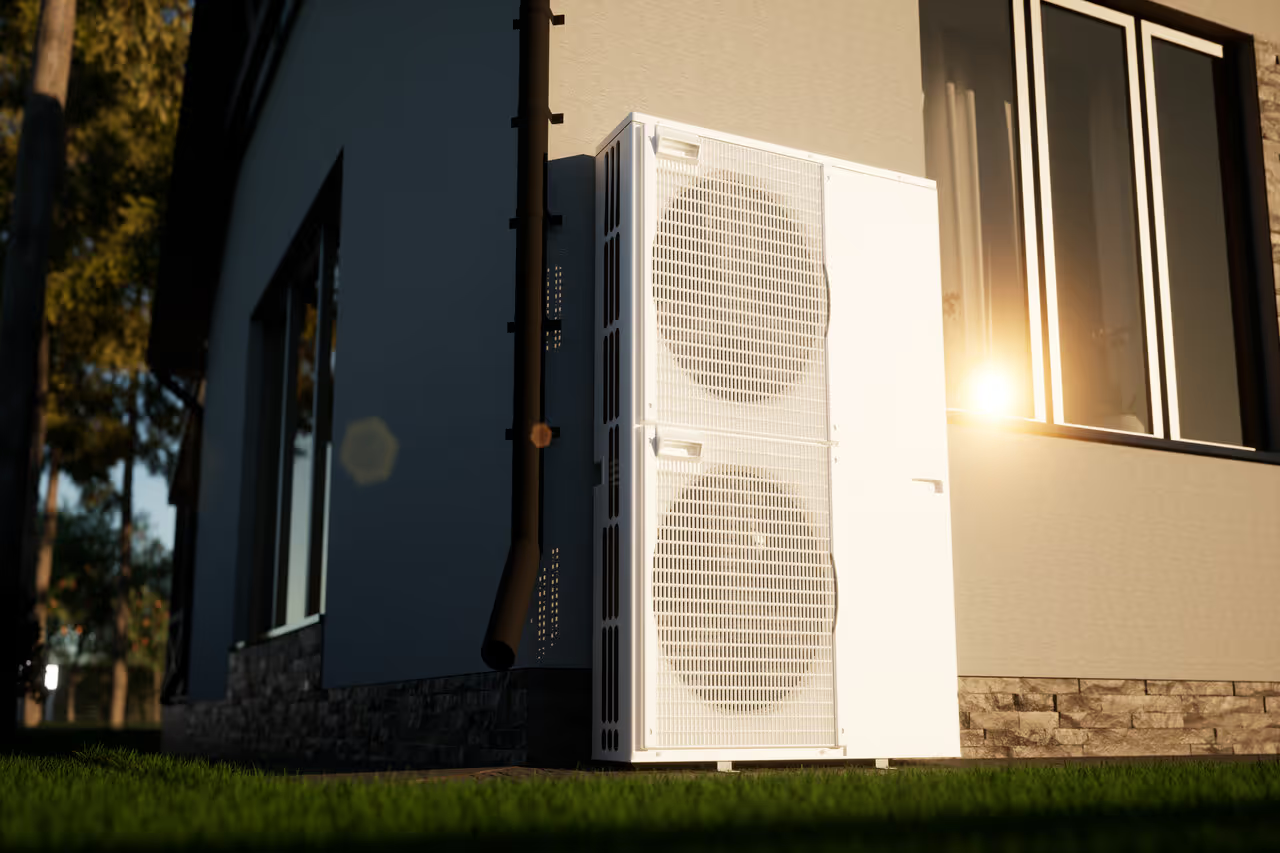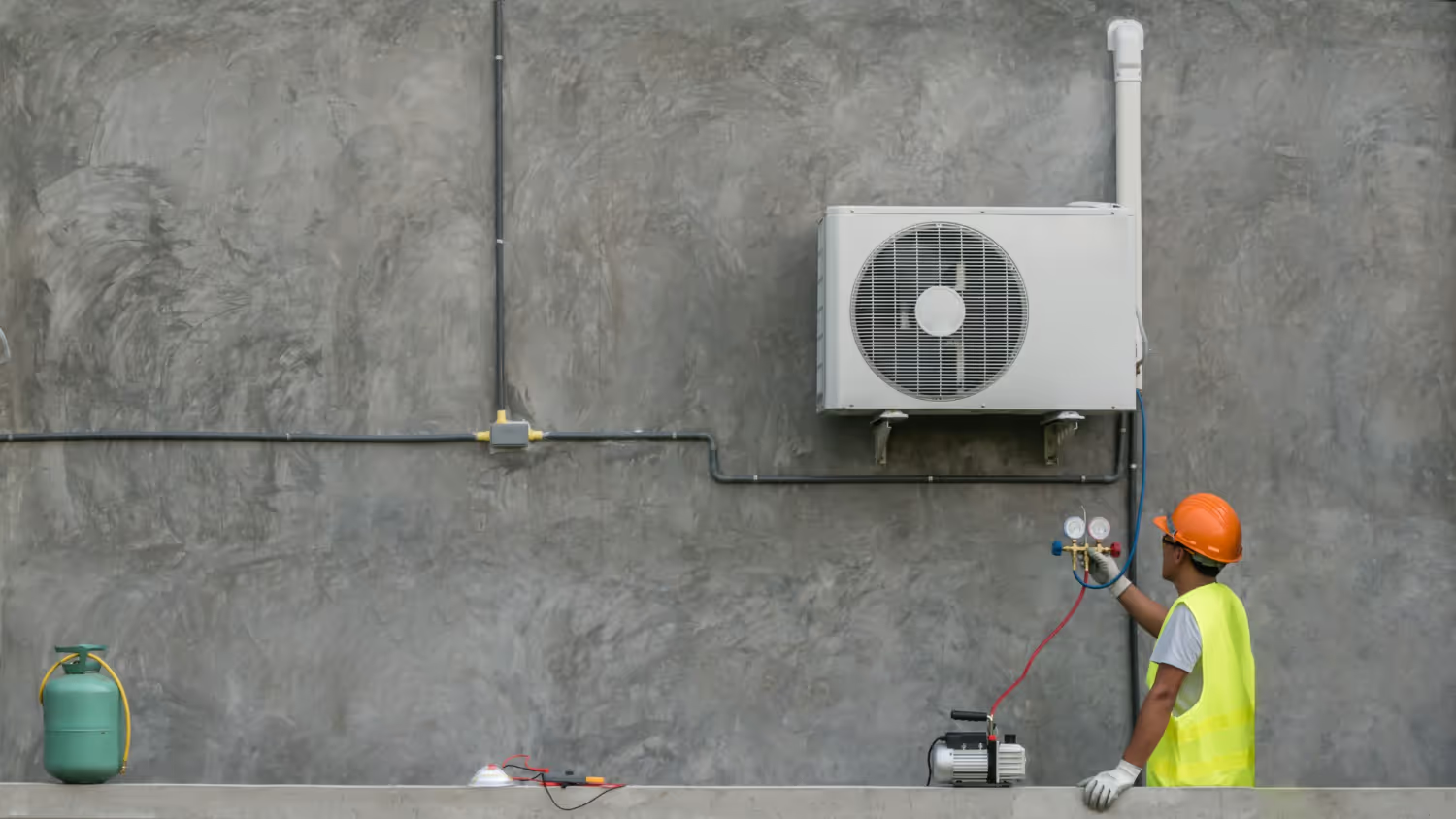When the summer heat rolls through Dartmouth, a properly working air conditioning system isn’t a luxury — it’s a necessity. At the centre of that system is the AC compressor. If it starts to fail, the entire unit struggles or stops working completely. By the time cool air disappears, there’s often already significant damage inside the unit. Response time matters. Recognizing the early signals of a failing compressor can help stop the problem from going from small to serious.
Residents in Dartmouth tend to use their AC systems more often during summer, especially on hot and humid days. When the compressor begins to wear out, it usually gives off signs before the entire unit shuts down. The goal is to catch those signs early and act quickly, before discomfort and repair costs increase. Knowing what to listen for, look out for, or notice in day-to-day usage will make it easier when speaking with our professionals about what’s going wrong.
Unusual noises coming from the unit
Strange sounds usually mean something’s off inside the AC system, especially when the compressor is involved. It might start with a faint rattle or clicking sound, but over time those noises can become louder or more frequent. Many of these sounds signal part failures or components rubbing together inside the compressor that shouldn’t be in contact.
Some of the more common noises that could signal trouble include:
1. Clanking: Could point to loose or misaligned parts inside the compressor
2. Screeching: Might mean high internal pressure or bearing issues
3. Hissing: Often caused by a refrigerant leak, which affects the compressor
4. Banging: Can be a sign of a failing motor or broken part knocking around inside
These sounds typically start out mild before getting worse. An example would be a homeowner who only heard light clicking for a few minutes when their AC started up. They figured it wasn’t major. A week later, the unit stopped completely and required a full compressor replacement. These noises don’t fix themselves, and letting them go unchecked usually makes the repair more complicated down the line.
Our technicians can inspect these sounds in person. We check compressor mounts, test internal pressure, and confirm part stability. If a sound is caught early enough, the compressor might still be repairable, which saves time, costs, and discomfort.
Signs of reduced cooling performance
If your AC isn't cooling your home properly, the compressor might be having trouble. This issue doesn’t always feel like a full breakdown. It could feel like the air from your vents isn’t as cold as expected, or that it takes longer to cool the same space. That can be frustrating when you’re trying to stay comfortable during hot afternoons in Dartmouth.
Here are a few signs that point to weakened compressor performance:
1. Warm air blowing from vents, even when the AC is turned to a cool setting
2. Rooms cooling unevenly or not reaching the set temperature
3. Higher energy bills without an increase in system use
4. AC unit running longer than usual without shutting off
A weak compressor can’t push refrigerant through the coils correctly, which lowers the system’s ability to absorb heat. That means the cooling cycle isn’t working like it should. When the problem is ignored, the strain on the compressor increases and may cause it to burn out completely. Longer run times also put more wear on other parts of the system, turning one issue into several.
Checking filters and ensuring vents aren’t blocked is helpful, but if those parts are clear and the cooling is still weak, it could be pointing to a compressor problem. Our professionals use tools to measure air output, examine pressure levels, and check refrigerant to confirm the issue and recommend the right fix. Staying alert to these signs early on helps protect the entire cooling system.
Frequent on-off cycling
If your AC unit keeps turning on and off in short bursts, you’re likely dealing with what’s called short cycling. This can be frustrating to deal with, especially during summer when your cooling system should be consistent. Each time the system starts up, it uses a lot of energy. When that process repeats too often, it wears down the compressor much faster than usual.
A properly working AC should run a full cycle, hitting the temperature set on your thermostat before shutting off. But with short cycling, the system doesn't get there. Instead, it starts, stops, and then restarts again within minutes. These episodes often point to deeper problems like:
1. A malfunctioning compressor that can’t maintain pressure
2. Incorrect refrigerant levels causing the unit to shut down early
3. Overheating parts leading to auto shutoffs
4. Electrical issues triggering false starts
Ignoring this pattern will stress out the compressor more than necessary. Over time, that pressure can force the compressor to fail altogether. If you’ve noticed your AC constantly powering on and off without a clear reason, especially when conditions inside your home remain warm, it’s time to have it looked at.
Our technicians assess these cycling patterns using diagnostic tools. We’ll confirm if the compressor is at fault or if another part is causing it to fail. Handling short cycling early keeps the problem from turning into a full system breakdown when you need it most.
Circuit breaker keeps tripping
An AC system that repeatedly trips your circuit breaker is more than an inconvenience. It’s often a sign that electricity is being pulled unevenly or excessively. In many of these cases, the AC compressor is the root cause.
The compressor demands a strong electrical current to power up. If it’s straining, clogged, or failing mechanically or electrically, it draws more power than it should. That excessive draw can overload the breaker, forcing it to shut off to prevent a fire or internal damage.
Here’s what to watch for:
1. Circuit breaker trips only when the AC kicks in
2. No other appliances are straining the electrical load
3. The breaker trips again soon after being reset
Continuing to reset the breaker without fixing the real cause increases risk. Power surges to an AC system in distress can fry components or melt wires. If this happens more than once during warm days in Dartmouth, it should be checked right away.
Our professionals trace the source by measuring electrical loads and inspecting compressor wiring. Once the reason for the power draw is clear, solutions can range from rewiring to full compressor replacement, depending on how long the issue has been going on.
Visible signs of wear or leaks
Some early warnings of AC compressor failure are right in front of you. Corrosion, oil spots, or damaged wires in or around your AC unit may not seem urgent, but they’re often red flags that your compressor is under stress. Since the compressor works under constant pressure, even a minor flaw can build into serious damage.
Watch for the following when walking by your outdoor unit:
1. Pooled oil just below the compressor compartment
2. Refrigerant lines with frost build-up or icing
3. Rusted, cracked, or bent housing parts
4. Frayed wires or burnt smells
Leaks are one of the most common warnings. The compressor can leak lubricating oil or refrigerant when it’s cracking or stressed, which reduces cooling power and drives up strain. Damage to the housing often means the interior components are also exposed, accelerating wear.
Physical issues like these are not cosmetic—they directly impact how well your AC functions. If spotted early, they can be addressed before the full compressor needs removing. That saves not just cost, but keeps your home cool when summer heat makes things uncomfortable.
Why ongoing AC maintenance matters in Dartmouth
Catching compressor problems early comes down to knowing what to look for and getting help before the system fails completely. The signs covered here all point toward compressor damage, wear, or failure. In many cases, these start quietly before the AC stops working altogether.
Setting up routine maintenance keeps your cooling system reliable when it counts. Our professionals know what to check and how to test the compressor, refrigerant levels, and electrical components in ways that reveal small issues before they get worse. With seasonal use increasing in the warmer months, staying ahead of these problems protects both comfort and repair costs.
Dartmouth homeowners who react to early signs, no matter how small they seem, tend to experience smoother performance through the heat of summer. Whether it’s strange sounds, weak airflow, or a tripping breaker, knowing what these clues mean gives you a chance to fix the root issue while options are still simple. Professional attention to your AC system helps keep energy use in check, protects long-term performance, and prevents emergencies when warm weather strikes.
If you notice early signs of compressor issues such as unusual noises, reduced cooling performance, or short cycling, timely AC repair in Dartmouth can help prevent more serious damage and ensure your home stays comfortable during the summer months. Prestige Home Improvement recommends relying on our professionals for thorough assessments and careful repairs that keep your cooling system running reliably. For a quick estimate or to book a service visit, please contact us today.
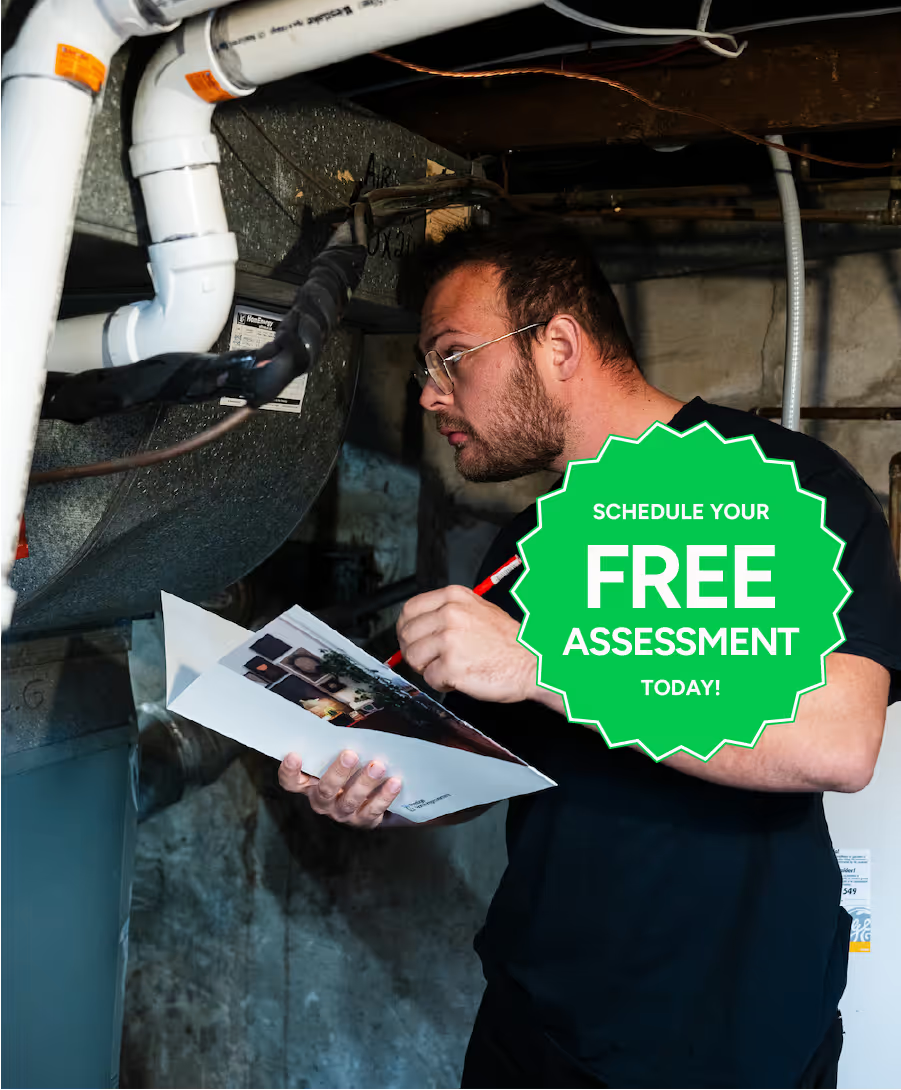

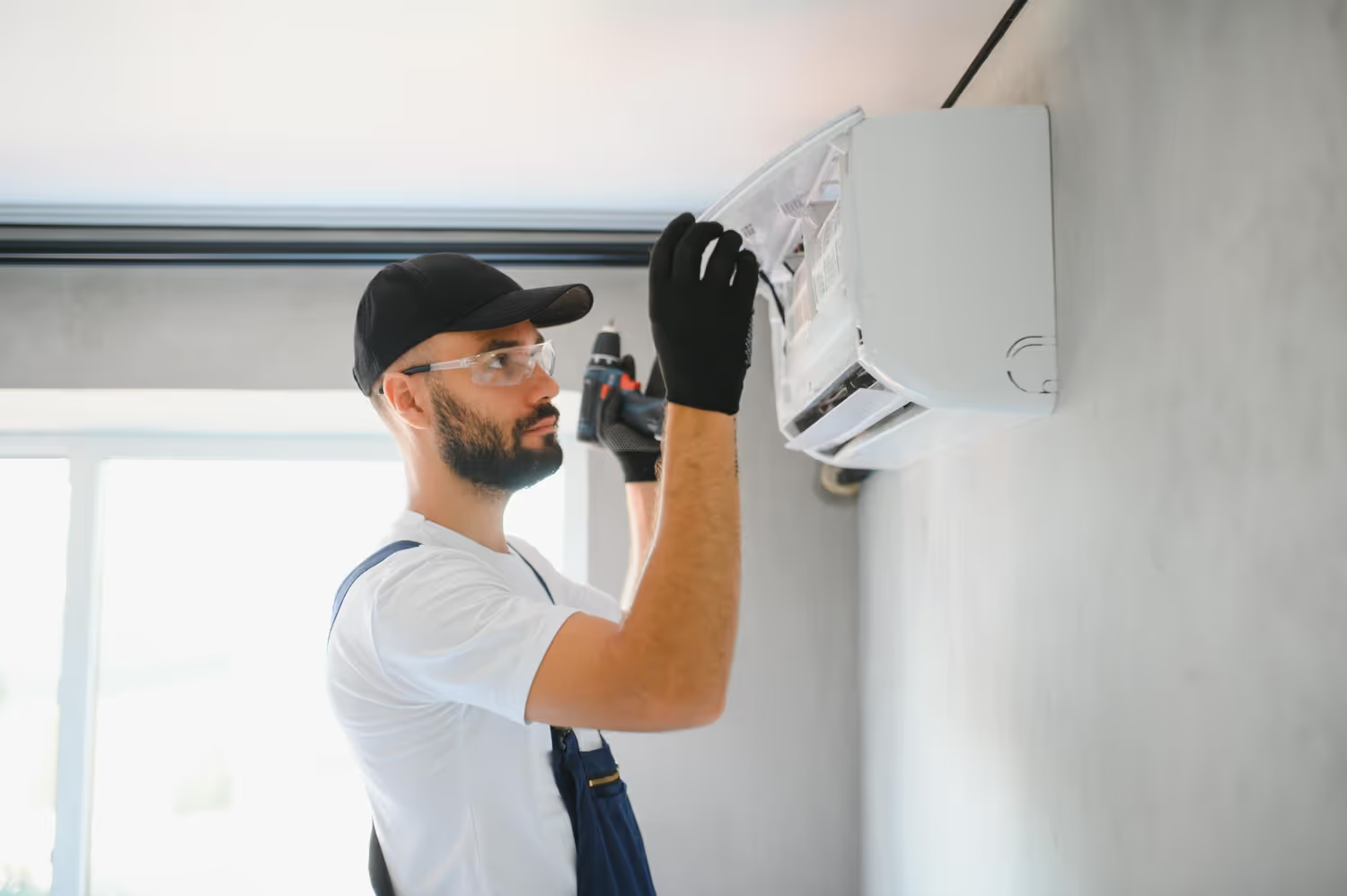
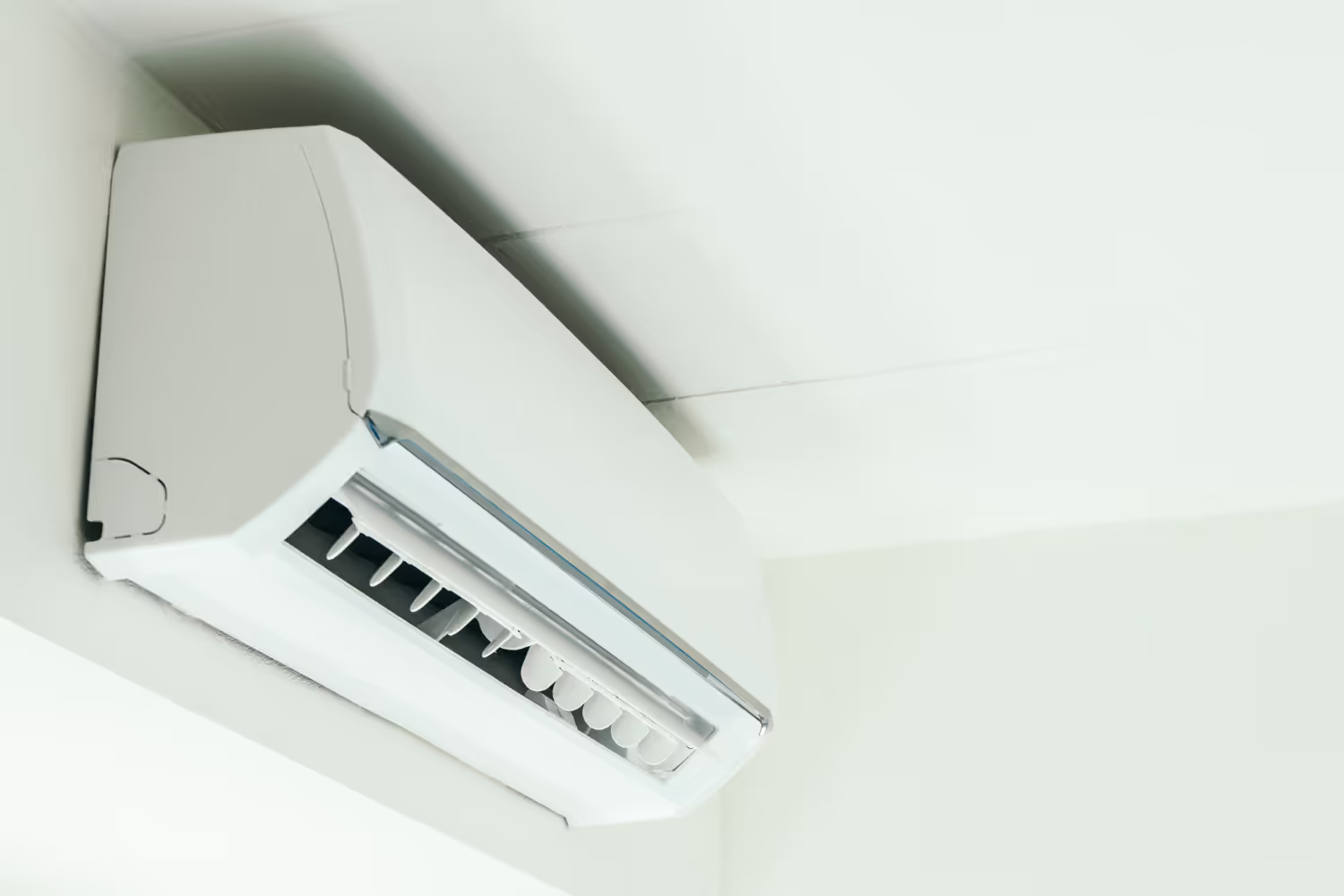



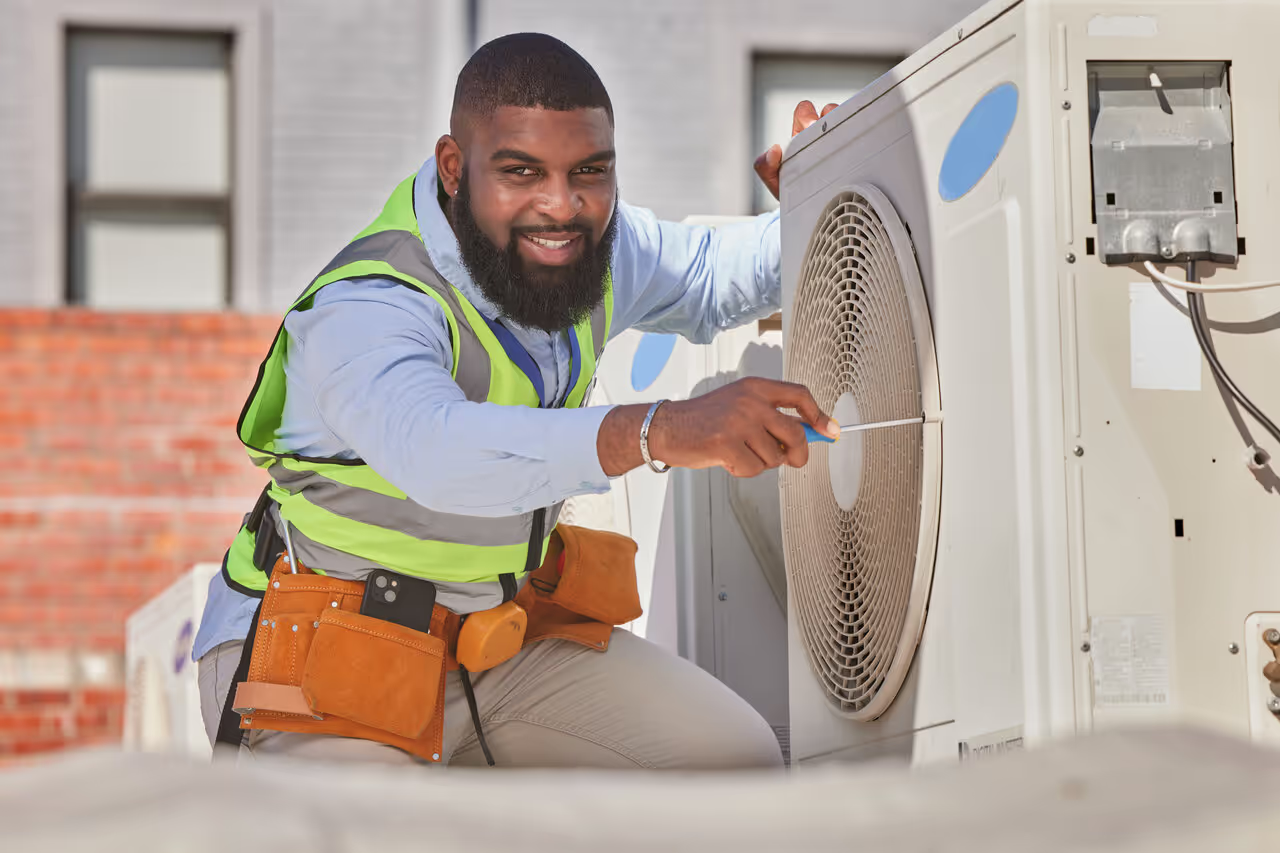
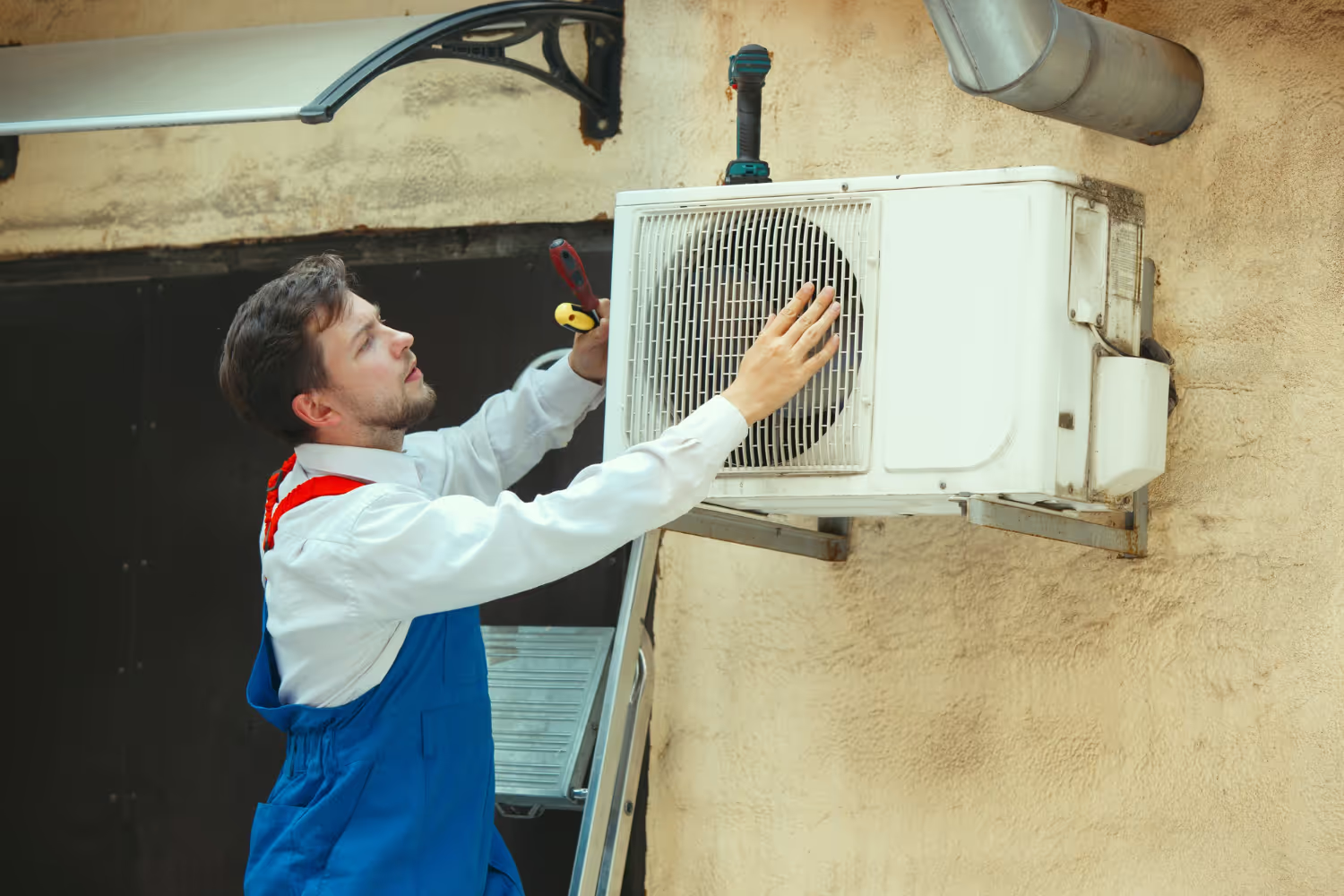
.jpg)
